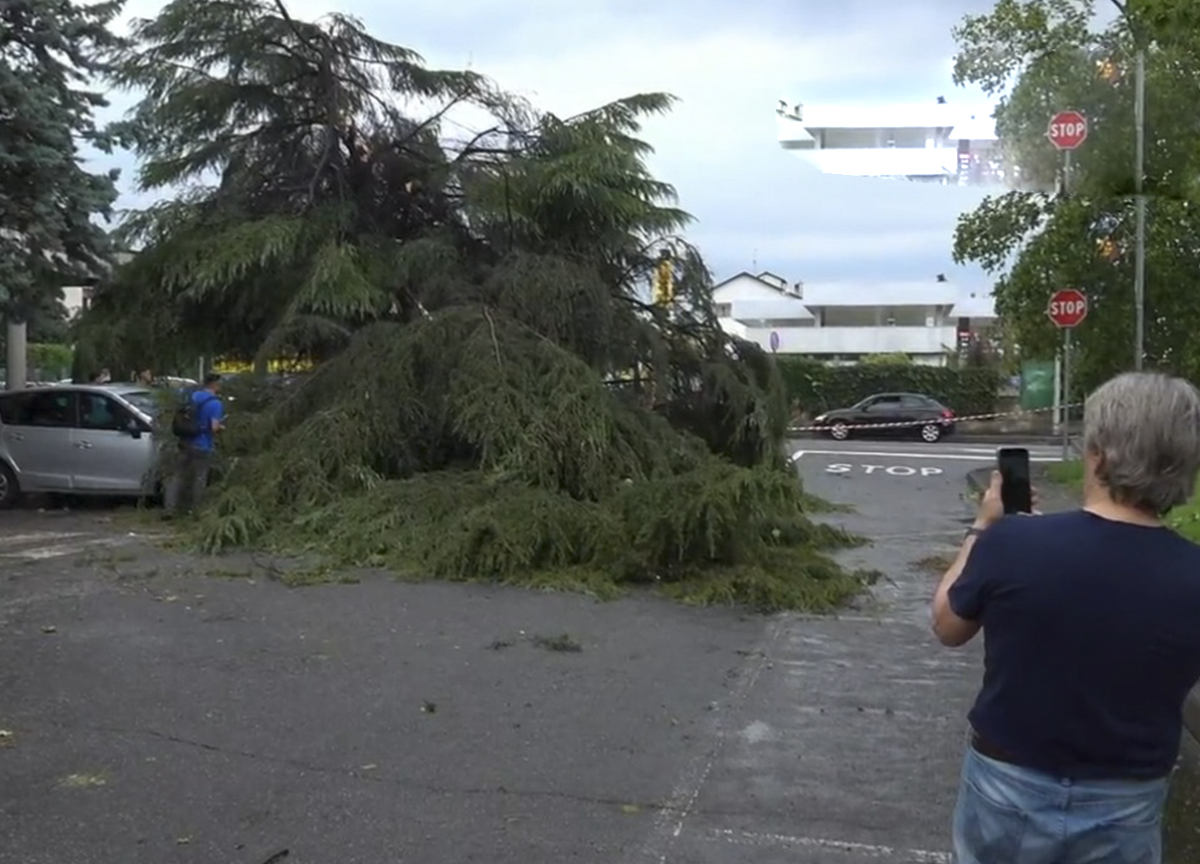The writer Isaac Rosa, winner of the 2022 Seix Barral Prize. /
In ‘Safe Place’ tells the story of three generations of rogues who want to thrive thanks to fear and uncertainty
Isaac Rosa (Seville, 48 years old) is the winner of the Short Library Novel Prize, endowed with 30,000 euros, convened by Seix Barral and which failed its 64th edition this Monday in Barcelona. He was awarded it unanimously with ‘Safe Place’, a reflection of the picaresque of the 21st century that he presented under the pseudonym of Segismundo García. This is the name of the grandfather, the father and the son who star in the story, three rascals obsessed with social advancement. The three of them crash again and again trying to take advantage of fear and uncertainty in uncertain times like those of the pandemic.
“It’s a great portrait of three generations of rogues from the same family who take advantage of the cracks in the system for their own benefit,” said the jury that chose ‘Safe Place’ among the 858 applicants this year for the award. It is a novel “that bothers and reflects the uncertainty of today’s society through irony and controversy,” added the jury made up of Pere Gimferrer, Benjamín Prado, Elena Ramírez Andrea Stefanoni and Juan Manuel Gil, winner of the last edition.
The three hustlers try to earn their living with shady deals, scams and all kinds of tricks outside the law. The narrator, Segismudo García, is a run-down commercial who thinks he has found the business of his life: the sale and construction of ‘low-cost’ bunkers for the humblest classes. It does so when the installation of shelters in high-class housing is already a trend and the richest are dedicated to protecting themselves and preparing for future disasters.
‘Safe Place’ is the name of the company that offers its clients: the only possibility of surviving the feared global collapse. “But Segismundo has built a house of cards that can come crashing down at any moment and he has a problematic relationship with his father and his son,” its editors advance.
Grandfather Segismundo went to jail for the bankruptcy of a shady business of cheap dental clinics. He was released from prison for senile dementia, but confessed to his son that he was hiding a fortune in a safe place. His teenage grandson, Segis, follows in the family’s “entrepreneurial” footsteps and sets up all sorts of shenanigans to make easy money. The last one, a betting business in the institute that has gotten out of hand.
The novel takes place in 24 hours in the life of Segismundo García through a torrential monologue that the protagonist directs to his father at nightfall, recounting everything that happened during his peculiar day. Like the protagonist of John Cheever’s ‘El nadador’, which narrates a day in the life of a man who crosses the neighborhood jumping from pool to pool, Segismundo goes from bunker to bunker, visiting basements, storage rooms, garages and other chosen places by his future clients to build their ‘safe places’, which helps him to take an X-ray of their motivations.
Resentful
«Segismundo is a resentful man full of social resentment as outclassed and disgraced. That narrator was essential, since ‘Safe Place’ aims to be a look at the near future, but fleeing from the usual dystopian approach, “explains its author. «I did not want to go to utopia, but rather write an anti-dystopia: recount a future in which, without the current problems having disappeared, even worsening some, a possible alternative does open up that does not lead to the abyss, that could even improve us life,” he adds.
Isaac Rosa acknowledges having been inspired “by present realities that I have limited myself to expanding.” Remember that the sale of private bunkers, “is already a reality not only in the United States, although limited for now to high incomes.” But he adds that “everything in the novel that might sound utopian already exists here and now, only on a more modest scale.” «Not only did I want to be realistic: above all I try to make us aware that these transformative possibilities do not require a great effort of imagination: they are already here. There are many people working on that future, without waiting for any revolution”, he concludes.
Isacc Rosa is the author of novels such as ‘La malamemoria’ (1999), reworked in ‘Another damn novel about the civil war!’ (2007), ‘El vano ayer’ (2004), winner of the Rómulo Gallegos, Ojo Crítico and Andalucía de la Crítica awards; ‘The country of fear’ (2008), awarded by the JM Lara Foundation as best novel of the year; ‘The invisible hand’ (2011), ‘The dark room (2013), and ‘Happy ending’ (2018). Rosa is a columnist and author of comic scripts, youth novels and story books, among which ‘Tiza Roja’ (2020) stands out. His work has been translated into several languages and made into a film three times.








